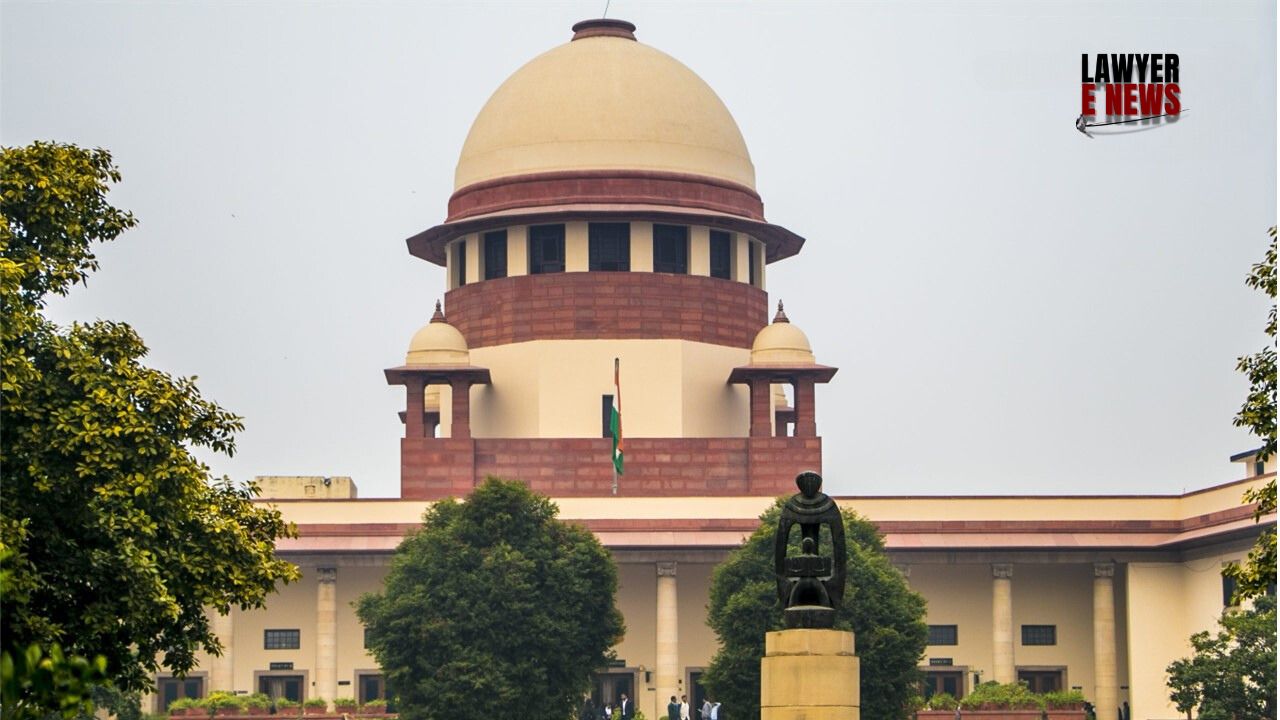-
by sayum
14 February 2026 2:22 PM



In a significant judgment, the Supreme Court of India has granted bail to Jalaluddin Khan, who was charged under several sections of the Unlawful Activities (Prevention) Act (UAPA) and the Indian Penal Code (IPC) for allegedly facilitating the activities of the Popular Front of India (PFI). The court, comprising Justices Abhay S. Oka and Augustine George Masih, ruled that the evidence presented by the prosecution failed to establish a prima facie case, thus warranting the grant of bail. The judgment highlights the principle that "bail is the rule and jail is an exception," even in cases involving stringent anti-terror laws.
Jalaluddin Khan, a retired police constable, was accused of providing a rented premises in Patna, Bihar, to Athar Parvez, an alleged member of the PFI. The prosecution claimed that the premises were used for training and meetings aimed at furthering the organization's activities, including a conspiracy to carry out acts of terrorism. The charges against Khan included Sections 121, 121A, and 122 of the IPC and Sections 13, 18, 18A, and 20 of the UAPA. The key evidence cited by the prosecution included the recovery of incriminating documents during a police raid and statements from protected witnesses.
Discrepancies in Evidence: The Supreme Court found significant discrepancies between the protected witness statements as recorded in the charge sheet and the actual testimony. The judgment pointed out that the crucial witness, referred to as "Z," did not specifically implicate Khan in the meeting held on May 29, 2022, where PFI's future plans were allegedly discussed. The court noted that the prosecution's narrative was "distorted," with several statements attributed to the witness that were not actually made.
Lack of Prima Facie Case: The court underscored that there was no material on record to establish that Khan was actively involved in or aware of any unlawful activities conducted by PFI. The court further noted that the PFI was not listed as a terrorist organization under UAPA at the time of the alleged offenses. The bench emphasized that the mere rental of premises, even if later found to be used for illegal activities, does not automatically implicate the landlord unless there is clear evidence of complicity.
Legal Reasoning: The judgment elaborated on the interpretation of Section 43D(5) of the UAPA, which restricts the grant of bail if the accusations are prima facie true. The court reiterated that while the allegations against PFI might be serious, the evidence against Khan did not meet the threshold required under this provision. The court observed that the prosecution's failure to establish a direct link between Khan and the alleged terrorist activities necessitated the grant of bail.
Quotes from the Judgment: In a critical observation, Justice Abhay S. Oka remarked, "The investigating machinery has to be fair. But in this case, the material portion of witness Z's actual statement has been completely distorted in the charge sheet." He further stated, "Bail is the rule and jail is an exception," emphasizing the importance of adhering to legal principles even in cases involving serious charges under the UAPA.
Conclusion: The Supreme Court's decision to grant bail to Jalaluddin Khan is a reaffirmation of the judiciary's commitment to upholding individual rights, even in the face of stringent anti-terror laws. The judgment sends a clear message that the courts must rigorously examine the evidence before denying bail under UAPA, ensuring that the rights of the accused are protected in accordance with the law. The ruling is likely to influence future cases involving similar charges, setting a precedent for the careful scrutiny of evidence in UAPA cases.
Date of Decision: August 13, 2024
Jalaluddin Khan v. Union of India
